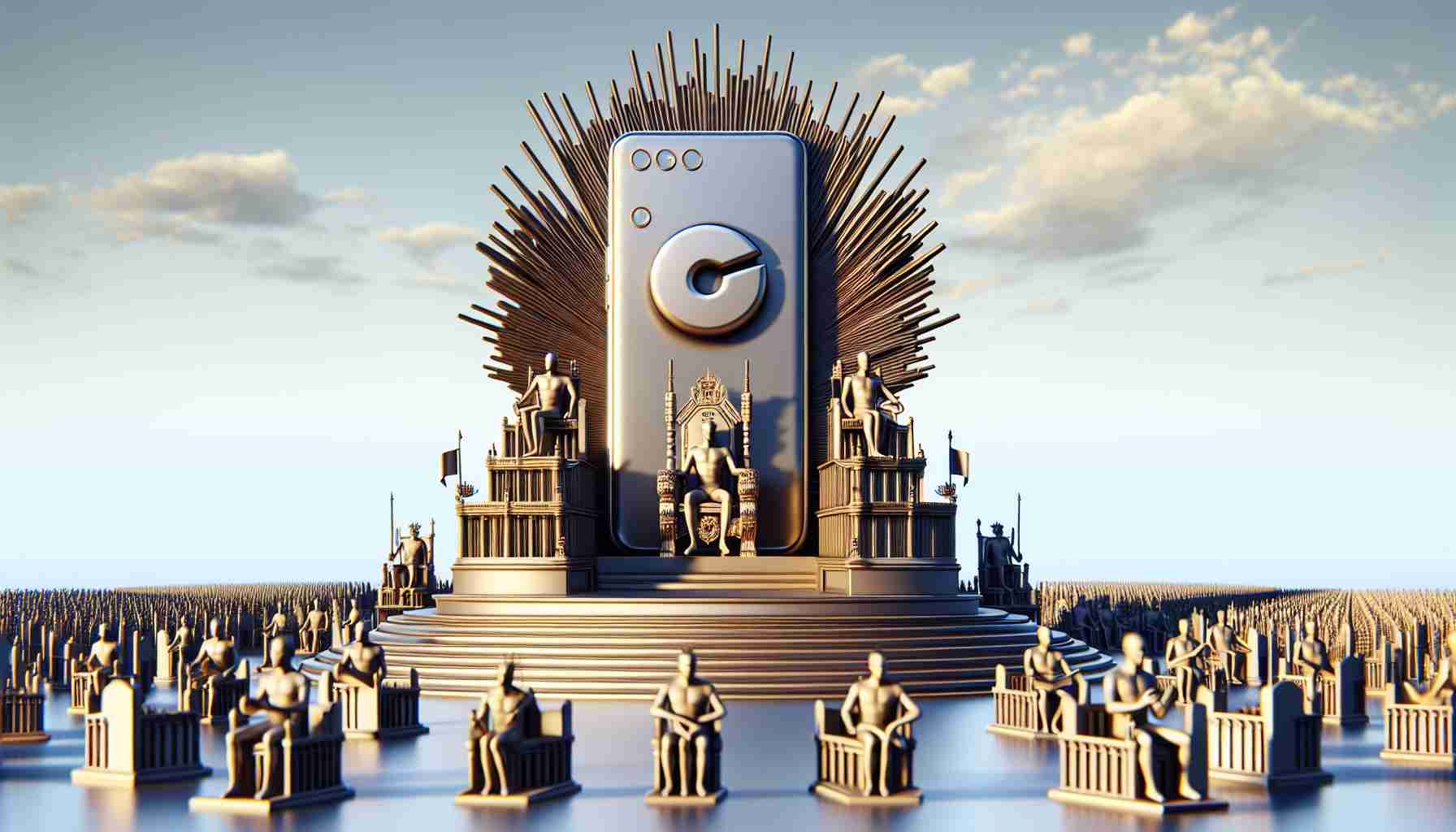Samsung Overtakes Apple in Smartphone Sales
After one year of trailing behind, Samsung has resurged to become the world’s largest smartphone manufacturer in the first quarter of 2024. This marks a significant shift in the market as Apple previously dethroned Samsung in 2023, bringing an end to Samsung’s 13-year streak as the top seller.
Samsung’s return to prominence is largely due to the success of its new Galaxy S24 series, which includes feature-rich AI capabilities that have won favor among consumers. The company shipped 60.1 million smartphones, securing a 20.8% slice of the global market share, outstripping Apple’s shipment of 50.1 million units during the same period. The Galaxy S24’s popularity led to substantial sales increases, particularly in Western markets, with a noticeable 14% rise in sales across the United States and an impressive 28% uptick throughout key European nations.
Industry Competitors on the Rise
Xiaomi has also been making waves, with a substantial 33.8% growth in sales, thanks to its Xiaomi 14 series catching the eyes of consumers in China and Europe. Their impressive progress has led them to claim an 11.4% market share. Transsion, a lesser-known yet formidable player, has seen an astounding 84.9% increase in sales, suggesting a competitive future for the global smartphone market.
Global Smartphone Market Graces Recovery Path
The entire smartphone ecosystem has experienced a recovery with a 7.8% growth in shipments year-on-year, reaching nearly 290 million units in the first quarter of 2024. Despite Apple experiencing challenges in the Chinese market, the global market’s gradual bounce back signals a sustained competitive landscape where Samsung currently leads but faces strong contenders like Xiaomi and Huawei.
Key Questions and Answers:
What has led to Samsung’s resurgence as the top smartphone manufacturer?
Samsung’s resurgence is attributed to the successful launch of its Galaxy S24 series, which features rich AI capabilities that have been well received by consumers.
How much has Samsung’s market share grown?
Samsung achieved a 20.8% market share, with 60.1 million smartphones shipped in the first quarter of 2024.
What challenges is Apple facing in the smartphone market?
Apple has faced challenges, particularly in the Chinese market, which has affected its global shipments and market share.
What other companies are posing a challenge to Samsung’s leadership in the market?
Xiaomi and Transsion have shown substantial growth and are emerging as strong competitors in the global smartphone market.
Key Challenges and Controversies:
The smartphone industry remains fiercely competitive, with challenges such as market saturation, evolving consumer preferences, and the constant need for innovation. Additional pressures include managing supply chain disruptions and responding to geopolitical tensions that can impact both production and sales.
Controversies may arise from concerns over user privacy and data security with the integration of advanced AI capabilities in smartphones. There’s also the issue of environmental impact due to the constant churn of new devices contributing to electronic waste.
Advantages and Disadvantages of Samsung’s Leadership:
Advantages:
– Market leadership allows Samsung to shape industry trends and consumer expectations.
– Economies of scale can lead to reduced production costs and potentially lower prices for consumers.
Disadvantages:
– Being at the top places Samsung under intense scrutiny, and any misstep can affect its reputation.
– There’s a continuous pressure to innovate and maintain market leadership, which can lead to increased R&D expenses.
To stay updated on the latest news and reports regarding Samsung and its position in the global market, you may find the following link useful: Samsung Official.
Competitive insights and further analysis might be available on business and technology news websites, such as: Bloomberg, Reuters, or TechCrunch. Please note that specific articles or subpages are not linked, as requested.
